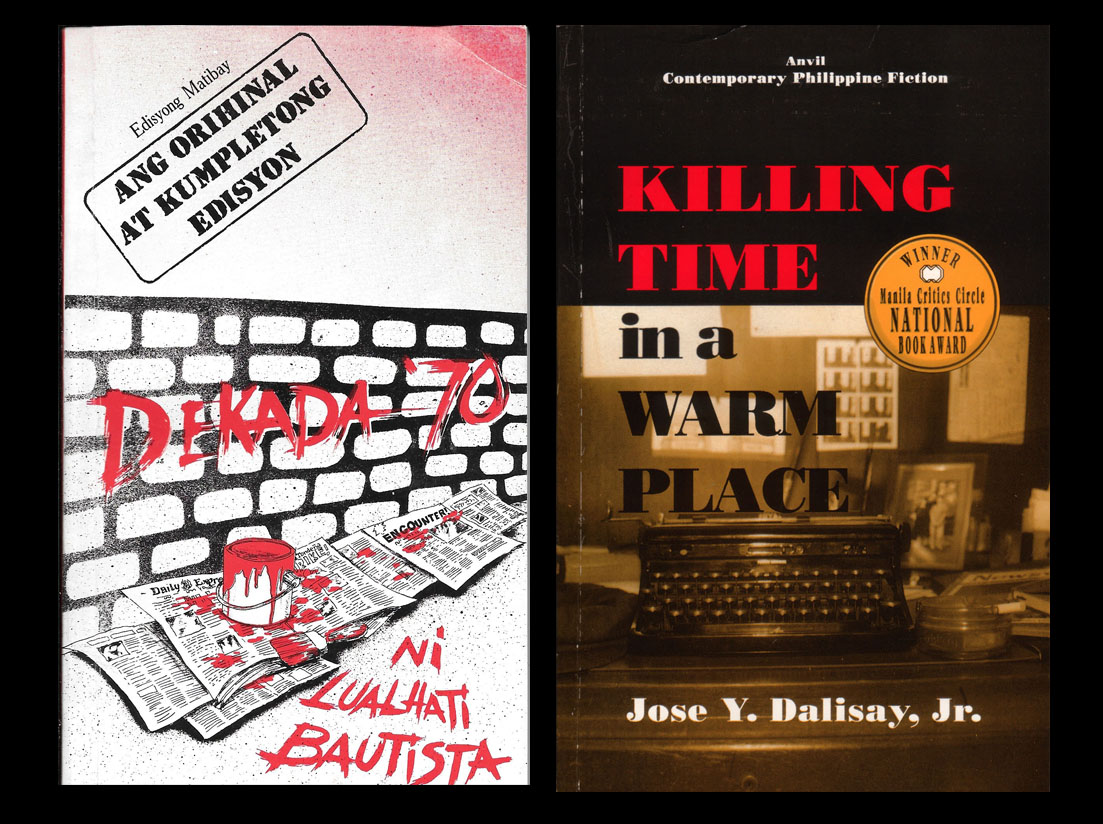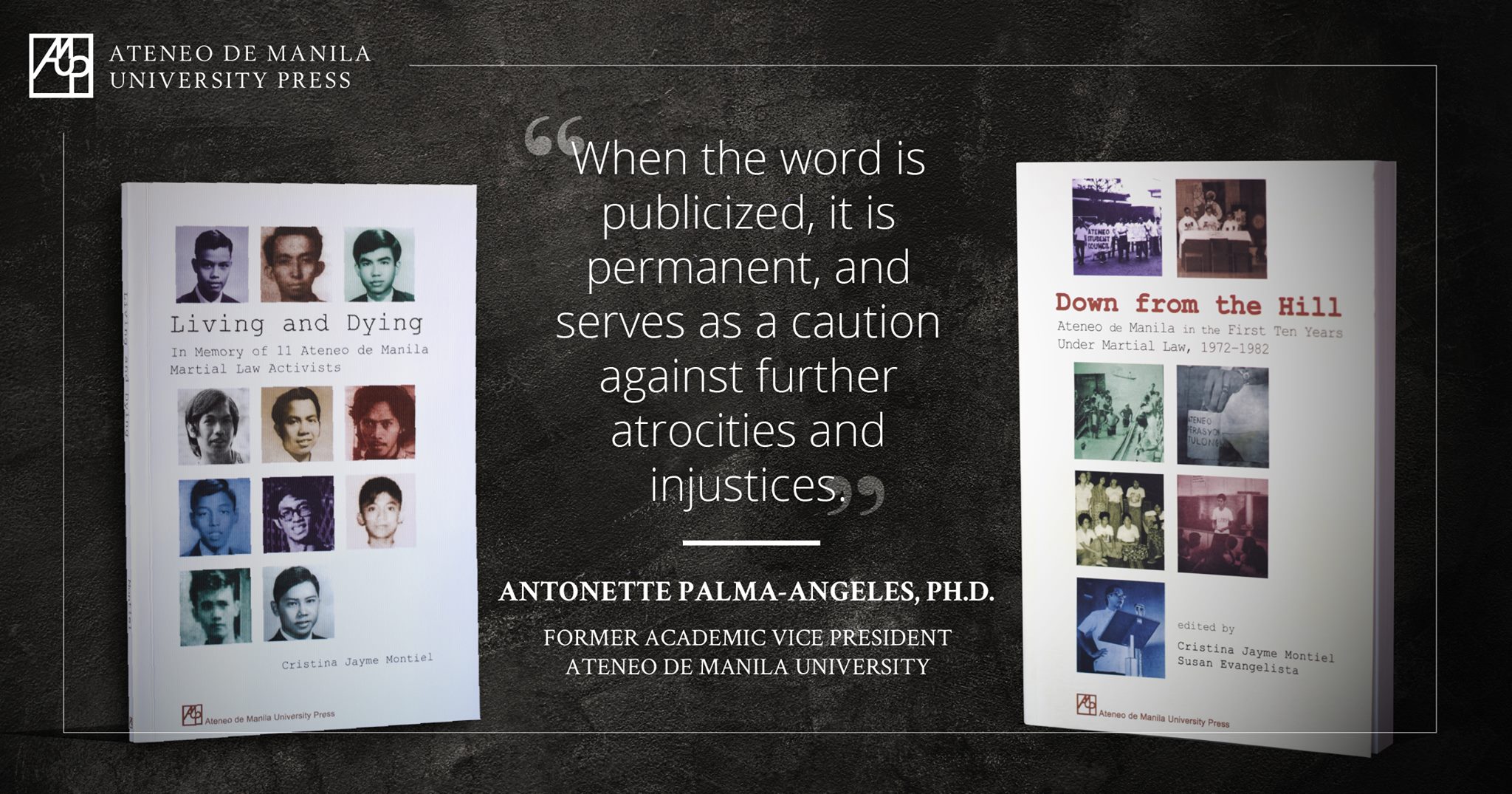
Published by the Office of University Development and Alumni Affairs (OUDAA),
Ateneo de Manila University
Fr Norberto "Kit" Bautista SJ
Publisher
Rica Bolipata-Santos PhD
Editor-in-Chief
Cris Yparraguirre
Editor
Renzo Guevara, Margarita Santos, KD Suarez
Contributors
Andrea Bautista
Art Director/Graphic Designer
Ateneo alumni can update their information by emailing OUDAA at
alumnirelations@ateneo.edu
Facebook
www.facebook.com/AteneoOAR



